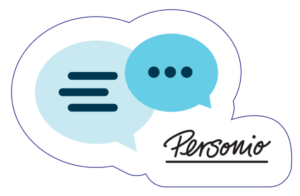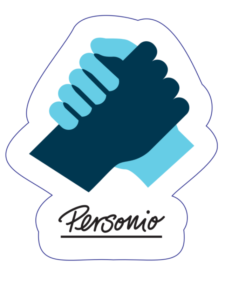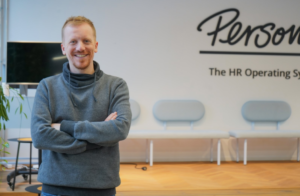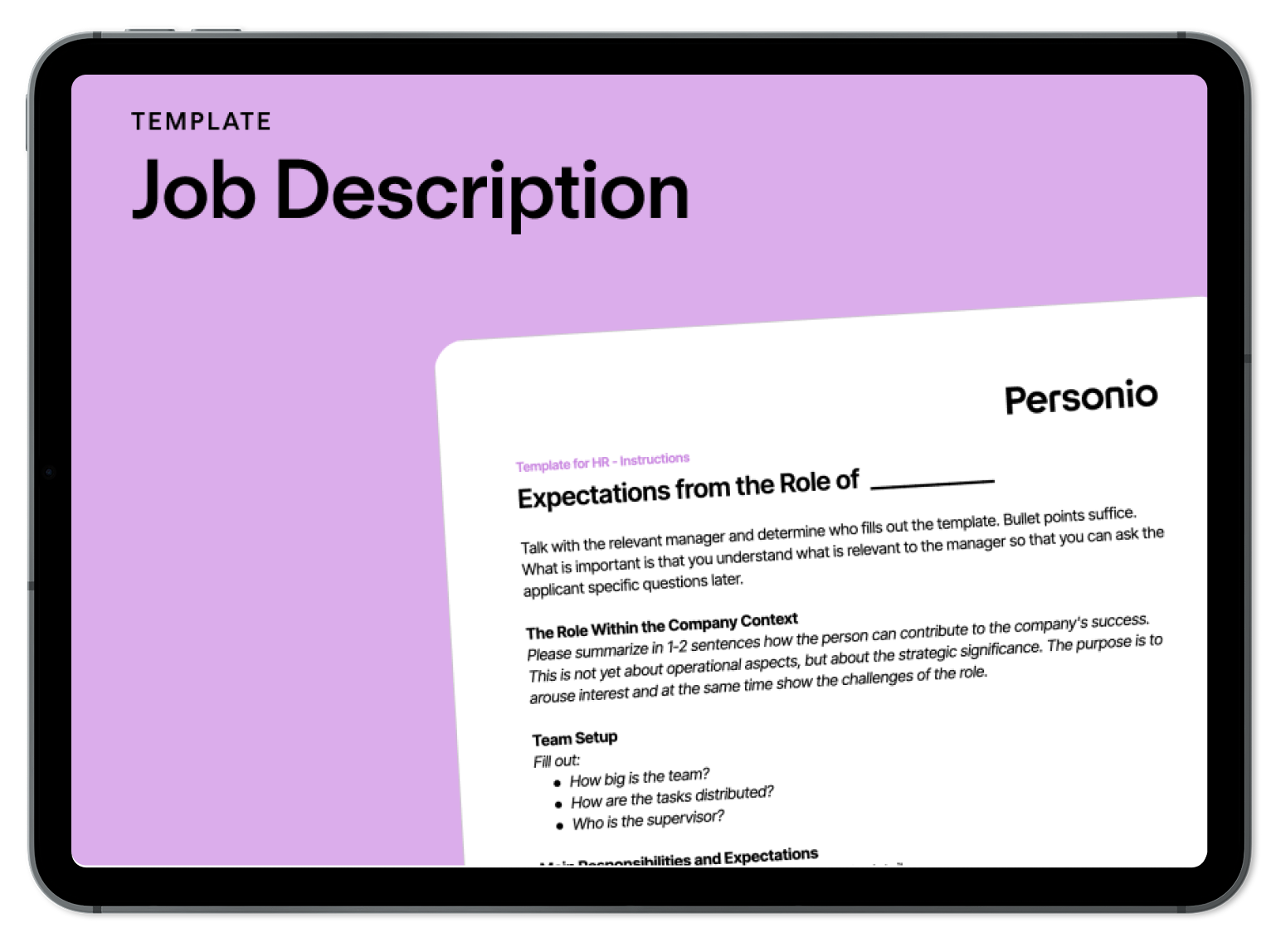14. May 2021
4 Secrets to Success in a Tech Interview (Other than Being Good at Tech)

Have you ever left an interview feeling like you nailed all the tech questions, only to hear back that the company is going with “a more suitable candidate?” Or worse yet, never hear back at all? You wouldn’t be the only one.
First things first: your coding, architecture, or design skills aren’t the only things that matter. In this article we’ll cover four interview tips that focus on everything but your tech skills, gathered from 11 of our own engineering managers. Read on to learn just what qualities, traits, and skills tech managers are looking for and get ready to nail your next interview!
Secret 1: Communicate Clearly
In a software engineering environment, clear communication is a major success factor in nearly all situations. Being able to communicate your ideas with inexperienced team members or non-technical stakeholders is an absolute must. It allows you to avoid misunderstandings and create alignment and buy-in, even with complex concepts.

Your communication style in an interview situation can be a valuable predictor of how you will connect with peers and solve problems as part of a team. Common communication pitfalls in tech interviews include:
Providing too much or too little detail in an answer
Answering a question without structure
Giving a theoretical answer without concrete examples
Being too abstract or technical with a non-technical audience
Venturing into side stories instead of staying on topic
There are multiple ways to assess your communication style during an interview. Right at the beginning of the interview, you may be asked to give a brief introduction about yourself. This often leads to too much detail, but our advice is to keep it simple. Avoid running through your entire career history point-by-point; instead, focus on key points in your career that match up with the role you want.
You also might be asked to talk about past projects you’ve worked on, challenges you’ve faced and solutions you’ve found. Interviewers will listen closely not only to the technical solution applied but also to how you communicated with technical and non-technical stakeholders. As Engineering Manager Macro points out, “Candidates need to understand that engineers don’t just write code. We work with a lot of people. When interviewing, we’re asking ourselves if the candidate would be able to explain a technical issue in a product company to someone who is not an engineer.”

To assess your communication in specific situations you may also be asked behavioural questions. We recommend being concise, sharing the necessary context rather than the entire story in detail. Use this opportunity to showcase your skills by using a framework like STAR (Situation, Task, Action, Result) to structure your answers. Another tip: don’t be afraid of silence! It’s okay to ask for a minute to think before delivering your answer.
Communicating with an appropriate amount of detail, illustrating your points with examples, and giving a structured response can greatly improve your chances of success in a tech interview.
Secret 2: Know Your Impact
In many companies, and especially tech product companies, knowing your impact can make, well, an impact. This means understanding that the tech solutions you implement aren’t just solving tech problems. Ultimately you’re also solving a user problem, and your solution can enable others to succeed.

Even with great technical experience and communication skills, you’ll want to relay your understanding of this impact. Pierre, Engineering Manager for Site Reliability, says, “Sometimes engineers only focus on making things work, but they do not think of how it will be used. That is why I always ask candidates how they see themselves impacting the organization.”
One way this may be assessed in an interview is through a tech case, where you’ll make certain hypothetical decisions on technologies that the hiring manager will then discuss with you. They’ll dig deeper, looking at why you chose specific technologies and if your choice was based on personal preference or was more solution-oriented.
Don’t forget, your interviewer is looking for someone who understands how technology supports the product and ultimately satisfies a customer need. Engineering Manager Marco highlighted, “We’re looking for engineers that really think about the product, proposing new ideas and being proactive in understanding where the industry is going.”
Software developers who can demonstrate their impact on the company and customer goals are typically more likely to succeed in an interview than ones who don’t.
Secret 3: Showcase Your Collaboration Skills
Today’s software product development environment requires a variety of skills to be successful, and the ability to collaborate is a major one. An engineer must be able to work with a wide range of people at all levels.

In our case, our interviewers are looking for someone who can live out our company value of teamspirit. This means moving towards “a shared goal that we all believe in and strive for, not towards team interests or in silos.” Engineering Manager Pierre illustrated an example of what not to do: “I had a case where a candidate was very strong technically but had a hard time working with non-infrastructure engineers. He said ‘We are not made to work together – we don’t have the same interests.’” Examples like this are why we ask candidates about past experiences collaborating inside and outside of their teams.
Also consider the way you talk about challenges you’ve faced. When you use the word “I” a lot, interviewers may wonder why you don’t mention other team members who were involved in the solution. In some cases, using “I” frequently could mean that a candidate only considers their own opinion, does not ask others’ opinion and believes they know best. However, as our Engineering Manager Rémi points out, “Engineering, at least for us at Personio, is a team sport.”
Particularly when interviewing with companies with flat hierarchies that are data- and consensus-driven, candidates who can demonstrate their collaboration skills across teams and departments will have a higher chance of succeeding in the tech interview.

Secret 4: Be Humble
Humility is an important personal trait often highlighted by thought leaders in the engineering community. But how is humility assessed in a tech interview? The way you speak about your previous experiences can strongly influence the impression you make. We believe self-confidence and taking personal pride in your technical expertise are great attributes. However, it can be a fine line between that and appearing arrogant in your interview.
This may happen, for example, when you talk about challenges at your current employer that did not satisfy you. The way you convey your dissatisfaction and how you have tried to proactively address it will tell us a lot about how you will deal with challenges and dissatisfaction in the future.
It’s also possible that during your interview you’ll be asked technical questions you don’t know the answer to. And that’s okay! You don’t have to have all the answers, or fake an answer that you’re not certain of. Being able to admit you don’t have the answer is definitely more appreciated than faking it. Engineering Manager Pierre recommends that you “Be honest. Be yourself and do not try to guess when you are not sure.”
Your humility may also show in how you react to feedback, including if one of the interviewers challenges your technical decision. Will you consider the feedback or outright reject it? As a fast-growing startup we know that we will not always be perfect, but we want to keep improving. We look for the same in our candidates.
Thus, candidates who are humble by demonstrating that they react well to criticism and share how they have learned from past mistakes are set up for success in any interview situation.
Conclusion
We know that interviewing can often be stressful, and keeping all of these interviewing secrets in mind is not always easy. But try not to stress too much about one particular interview! Most interview processes include multiple steps, giving you many opportunities to shine.
In our case, at the end of the recruitment process, an engineer has typically spoken with nearly 10 Personios: a recruiter, one or two hiring managers, a founder, and a few potential future colleagues. Each of these interviews gives you great opportunity to speak about your various skills in an engineering context.
Of course, keep in mind that the points we’ve made are not universal. They apply to Personio, but other companies might have different values and priorities. However, we hope you’ve enjoyed the read and we look forward to your comments!

Feel free to connect with Personio on Linkedin and check out our Product & Engineering career openings!
Looking for more great content like this? Look no further than H.U.G Digital, the virtual event that HR managers and professionals won’t want to miss!
Written by:

Annika Kristina Vestewig | Junior Talent Sourcer
HR lover, passionate about active sourcing, candidate care and brand management.

Vittoria Filippi | Junior Talent Acquisition Manager
People enthusiast focused on full-cycle recruiting, strategic sourcing, data analytics and project management.

Chris Seagar | Tech Recruiter & Sociologist
ENFJ, genuinely curious about people pathways, successes, and learnings.


